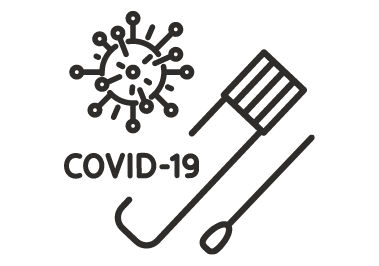Children and Young People’s Information on Covid
Scroll down to find out more about Covid.

Scroll down to find out more about Covid.

 Since early 2020, the world has changed dramatically as people have been forced to change the way they live their lives through lockdowns, social distancing, wearing masks and home schooling. Children and young people have spent much more time at home with their families and have had to learn new ways to have fun, keep in contact with friends and stay healthy.
Since early 2020, the world has changed dramatically as people have been forced to change the way they live their lives through lockdowns, social distancing, wearing masks and home schooling. Children and young people have spent much more time at home with their families and have had to learn new ways to have fun, keep in contact with friends and stay healthy.The Government brought in lockdowns to stop the spread of coronavirus within the population. This has meant that schools have had to shut their doors to the majority of children, and learning has had to go online. Some children have not had access to the technology needed for online learning which has led to worries that they could fall behind
Lockdown has also meant that children all over the world haven’t been able to physically see their friends and family, especially older relatives who are more vulnerable to the virus. This has had an impact on their physical and mental health.
The NI Commissioner for Children and Young People has looked at our Government’s response to the pandemic including the introduction and easing of successive lockdowns and the introduction of emergency legislation. We’ve looked at what the NI Executive has done to minimise the impact of the pandemic on the education, health and social and family life of children and young people and to ensure young people and their families do not fall into poverty.
The report was informed by the statement issued by the UN Committee on the Rights of the Child (the Committee) on 8 April 2020, warning of the serious physical, emotional and mental effect of the COVID-19 pandemic on children and young people, and called on Governments to protect the rights of children. The Committee outlined 11 recommendations and the chapters of the report focus on each of these while at the same time looking at the impact of the pandemic on children’s rights under the United Nation Convention of the Rights of the Child (UNCRC) more generally.![]()
In preparing this report, NICCY has sought to hear from a wide range of children and young people about their experiences of the pandemic, and through surveys and focus groups have heard from a total of 4,385 young people. We have:

We have developed Children and Young People’s Information Sheets for each of the main themes of the report. Each Information Sheet highlights the key issues and outlines what we are recommending to the NI Executive to make things better especially in the case of any future emergencies.
A New and Better Normal: Children and Young People’s Experiences of the COVID-19 Pandemic: Information Sheets

In partnership with MENCAP, we have also developed an Easy Read version using photosymbols.
For more information and if you have any queries please contact participation@niccy.org